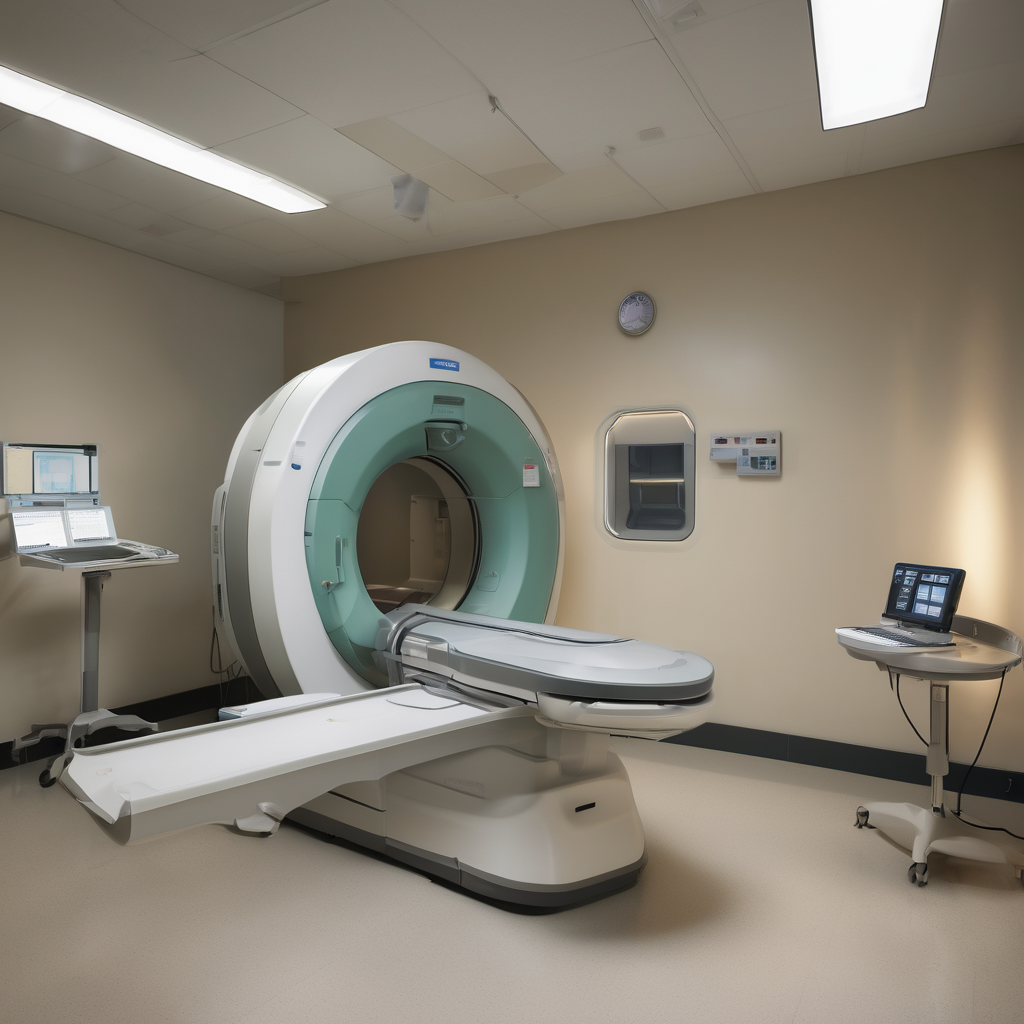UNITY Fiji Party leader Savenaca Narube and Fiji Labour Party leader Mahendra Chaudhry have raised serious concerns regarding significant shortcomings in Fiji’s health care system. Their criticisms focus on the government’s failure to activate a vital CT scan machine at Labasa Hospital, which has remained unused for two years due to delays in necessary electrical upgrades.
Savenaca Narube called for a thorough, independent investigation into what he labeled as a health sector that is “buckling under the seams.” He emphasized the need for better leadership and planning, stating, “One hand does not know what the other is doing.” He described the inoperable CT scanner as a symbol of deeper systemic governance failures within the health department and noted that the ongoing delays are tragic, putting lives at risk.
Responding to the situation, Mahendra Chaudhry labeled the government’s negligence as “inexcusable,” insisting that prompt action must be taken against those responsible. Chaudhry criticized the Ministry of Health for not ensuring that the power supply was ready prior to the scanner’s delivery, suggesting that “some lives may have been saved had the machine been operating for the last two years.”
The leaders’ concerns extend beyond Labasa, with Chaudhry pointing out that the X-ray machine at Savusavu Hospital has also been out of service for two years, forcing patients to seek expensive alternatives at private clinics. The CT scanner’s continued inactivity is attributed to a lack of funds needed to complete essential power connections, reflecting a broader pattern of poor management and incompetence.
Recent statements from Dr. Ratu Atonio Lalabalavu, the Health Minister, indicated that financial constraints are not the only issue; the hospital’s electrical infrastructure has not been updated for over a decade, which complicates the operational readiness of new medical equipment. Dr. Lalabalavu outlined that extensive rewiring, while necessary, would require time, and in the interim, efforts are being made to implement temporary fixes to activate the CT scanner eventually.
Community leaders are now pressing harder for accountability as ongoing issues with medical equipment continue to exacerbate healthcare difficulties in the region. This proactive activism highlights an essential collective commitment among various stakeholders, indicating a hopeful push toward improving healthcare access and quality for local communities.
Given the urgency of these medical service gaps, the call for a concerted effort from the government to expedite healthcare improvements is paramount. The possibility of enhanced collaboration between health authorities, government officials, and community leaders could ultimately lead to a more efficient healthcare framework in Fiji, prioritizing the health and well-being of its citizens.
